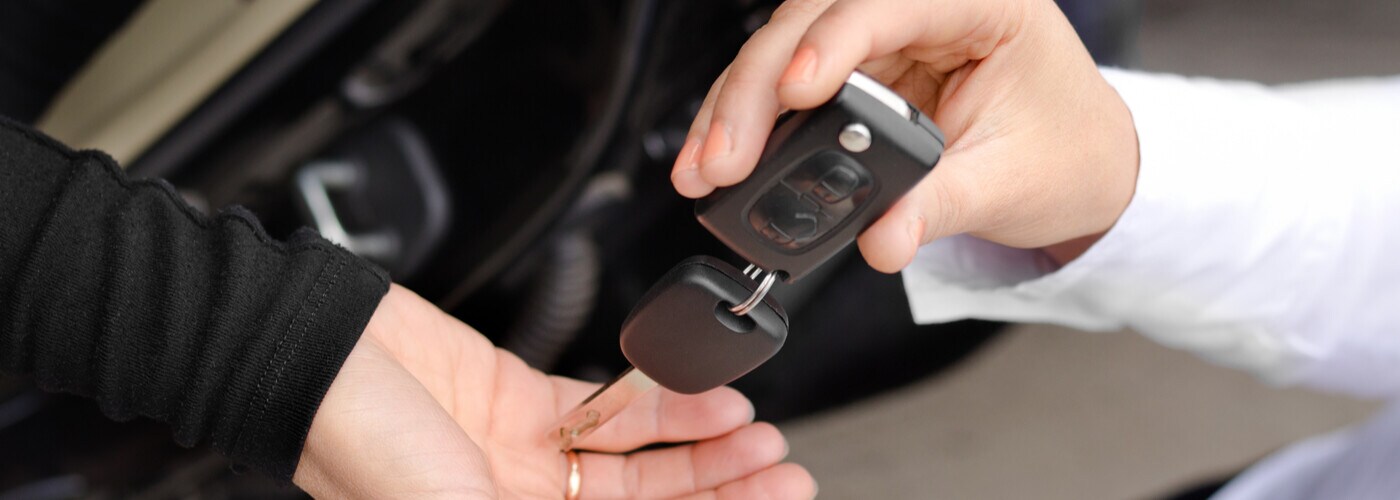SHOULD I BUY OR LEASE A CAR?

You're shopping for a new vehicle to put in your Kansas City or Cameron. Have you considered whether you should buy or lease a car? There are pros and cons of both. Find out everything you need to know about leasing vs. buying with our comprehensive guide.
There are similarities between the financial aspects of leasing vs. buying, but the stipulations between both ways to get a new vehicle that differentiates them. We'll start with leasing, then talk about buying.
Should I Lease a Car?
When you choose to lease a new vehicle to put in your Liberty garage, you essentially rent a vehicle for up to two years. Monthly payments will be lower and down payments are generally smaller compared to buying a car because the dealership still owns the vehicle. You'll return it after the lease terms are up. You won't have to pay as much sales tax with a lease. Upfront costs are less when you sign a lease agreement, too, compared to a down payment. However, you won't have as much control over driving the vehicle, which we get into later.
Should I Buy a Car?
When you choose to finance, you get a loan on the full price of the vehicle, and you'll own it outright after you pay the loan. You'll have a larger down payment, pay more sales tax, and make larger monthly payments, making the upfront costs higher than a lease. But you have more control over how you use the vehicle.
You can sell the car at any time or trade it in after you pay off the loan. Financing is almost always the most cost-effective strategy over the long term, and 80% of car owners in America have an auto loan to buy a new vehicle. However, it requires a larger and longer commitment compared to a lease. If you buy a used vehicle, your monthly payments might be less than a lease. But you may not have a warranty if something breaks down unexpectedly.
Leasing vs. Buying: Mileage & Restrictions
- When financing on the way to full ownership, you will not have to worry about mileage limits or restrictions. You can drive the vehicle as many miles a year as you want. With a new vehicle, you'll have warranty coverage, too.
- When leasing a vehicle, you must remain within certain strict boundaries or pay a fee at the end of your lease term. You may have to keep the mileage under 10,000 annually to ensure the engine stays in top condition. You'll also have to bring the vehicle in for its regularly scheduled maintenance. The dealership needs the vehicle to stay in top shape because it will likely try to sell it as a pre-owned vehicle after your initial lease period ends. But, the good news is that you can turn in the vehicle at the end of the lease and get a new one afterward.
Leasing vs. Buying: Total Ownership and Customization
- When you buy a vehicle, you can add all the accessories you want and modify the vehicle with custom parts or performance upgrades, although it may void your warranty.
- When you lease, you'll need to keep the vehicle in as close to factory condition as possible. The dealership still owns the vehicle.
Talk to Us About Leasing vs. Buying at Randy Curnow Chevrolet GMC
If you're still deciding whether you should buy or lease, contact us or call (816) 662-6184. Our finance team is happy to discuss your Saint Joseph options with you! Before you decide on which vehicle you want to test drive, look over our new vehicle specials to see how much more money you can save on a lease or purchase.